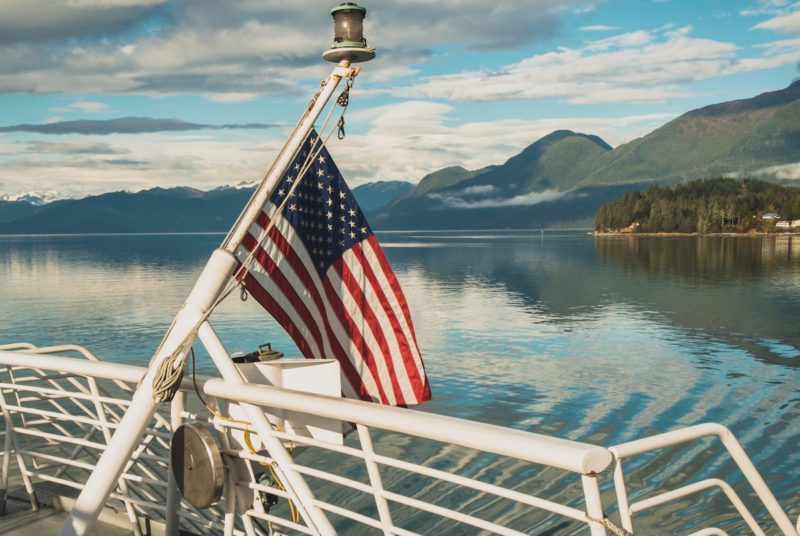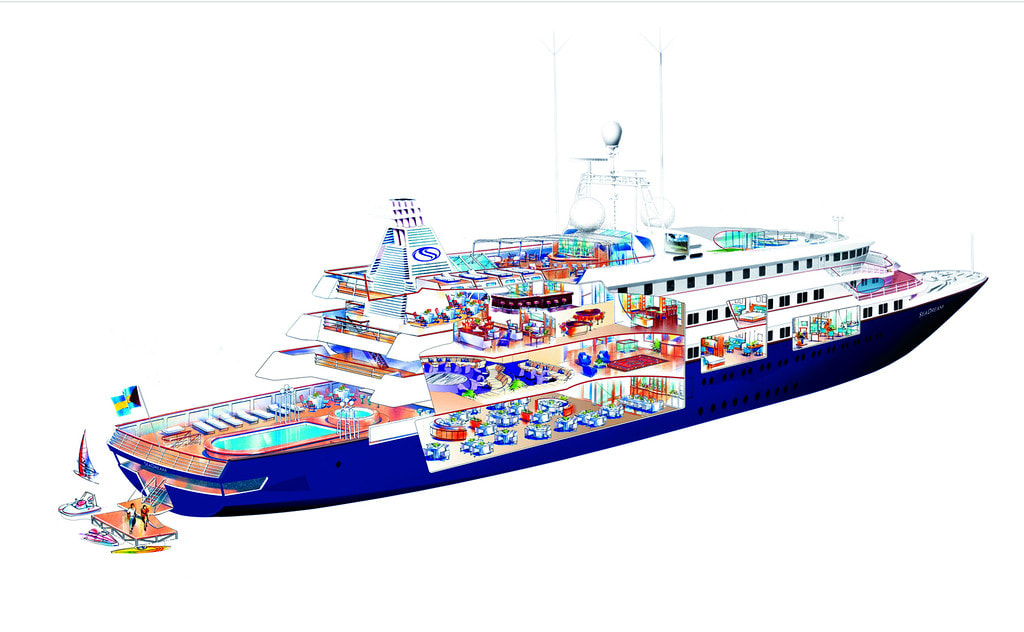Table Of Content

This requirement ensures that the domestic passenger transportation market remains under American control, supporting American jobs and the U.S maritime industry as a whole. Some argue that this provision restricts consumer choice and may increase costs for passengers, while others view it as a necessary measure to protect domestic operators. One of the key components of the Jones Act is its emphasis on protectionism within the U.S maritime industry.

Maritime Law and Protection for Crew Members
Now, with some of the COVID restrictions, foreign-flagged ships were not allowed to continue service while American-flagged may be able to, which makes you wonder why they don’t just change their flags. That brings us to the reason they have “flags of convenience.” They can’t. The PVSA is a law in the United States that came into play in 1886 relating to what was known as “cabotage,” which is the transportation of goods or passengers within one country while the transport owner or operator is from another country.
Case Studies Reflecting the Impact of the Jones Act
If you or a family member was injured while working on a cruise ship, contact an experienced Houston Jones Act attorney for a free consultation. You may have the right to sue your employer to obtain compensation for your injuries and damages. While it may seem on the surface that the Jones Act provides nothing but benefits for U.S. companies and industries, the situation is actually more complex. For one thing, cruise companies have no reason to register their foreign-owned or built vessels in the U.S., instead choosing to do so at less expense elsewhere.
Future Cruising May Practically Require a Maritime Law Education
Coastwiselaws have been enacted into law by nations governing "amajority of the world's coastlines." The Jones Act was passed as part of the Merchant Marine Act of 1920 and justified on national security grounds as a way of boosting the U.S. maritime industry. At Cruises Uncovered, we are your personal compass, helping you navigate the vast seas of cruise travel.
They argue that a robust and competitive domestic shipping sector ensures reliable and efficient transportation services, which benefits both consumers and businesses in the long run. Since its inception, the Jones Act has had a profound impact on the U.S shipbuilding industry. The requirement for vessels engaged in coastwise trade to be built in the United States has served as a catalyst for the growth and development of American shipyards. This provision has created a steady demand for new construction, resulting in increased investment in shipbuilding infrastructure and technology.
Hence, passengers witness fewer same-port domestic itineraries and a surge in international ones. In June of 2021, a US Senator from Utah introduced three bills to allow cruise ships the freedom to operate this way permanently, arguing that the law only benefits Canada and Mexico with increased maritime revenue while disadvantaging the US. This is a long-standing practice that was started by passenger liners and ferries because of prohibition laws in the 1920s when American-flagged ships couldn’t serve alcohol. Using a different flag allowed them to serve alcohol in international waters.
Important Facts about the Cruise Passenger Protection Act
Vessels can hop between U.S. and foreign ports, given they adhere to specific guidelines. For instance, to avoid penalties, the cruise must originate and terminate at the same port without consecutive distant foreign port visits. If you confront a legal issue related to the Jones Act and Florida cruise ships, consider a free consultation with the Grossman Attorneys at Law expert team. Because of the Covid restrictions, cruise lines were given a temporary pass when it came to Alaska. This allows them to skip the foreign port requirement without receiving a fine.
Bills Introduced to Repeal and Reform the Passenger Vessel Services Act - Cruise Hive
Bills Introduced to Repeal and Reform the Passenger Vessel Services Act.
Posted: Fri, 11 Jun 2021 07:00:00 GMT [source]
By requiring vessels involved in coastwise trade to be American-built, the Act supports the domestic shipbuilding sector. This provision ensures that American shipyards have a steady demand for new construction and encourages continued investment in the industry. While critics argue that this protectionism leads to higher costs and limited competition, proponents contend that it promotes economic growth and maintains national security.

Specifically, the law prohibits the transport of goods between two U.S. ports by ships that are not owned, built and flagged in the U.S. This may become a larger issue in 2021, as the Canadian government currently bans all cruise ships carrying over 100 persons (passengers and crew) from operating within its waters. There’s no word yet on whether Canada will lift that restriction prior to the start of the 2021 Alaska cruise season next April. No foreign vessels shall transport passengers between ports or places in the United States, either directly or by way of a foreign port, under a penalty of $200 [now $778] for each passenger so transported and landed. The Jones Act has faced criticism for its alleged negative economic impact.
Mr Jones' Act : Planet Money - NPR
Mr Jones' Act : Planet Money.
Posted: Wed, 27 Sep 2017 07:00:00 GMT [source]
Cruise lines must navigate within the parameters set by the Act, ensuring compliance with the regulations while still offering engaging and attractive destinations to passengers. While the Act’s provisions may restrict certain choices, they also contribute to the overall integrity and quality of the U.S cruising experience. The Jones Act plays a vital role in the U.S economy and the country’s Gross Domestic Product (GDP).
The Jones Act, also known as the Merchant Marine Act of 1920, was instituted to bolster and shield U.S. maritime interests against foreign competition. This was imperative during World War I and retains its national security significance. While the Jones Act does not cover passenger vessels, a related law has a similar effect on cruise ships. Under the 1886 Passenger Vessel Services Act, a foreign ship cannot transport passengers directly between two U.S. ports. This means that a foreign-flagged cruise ship (the vast majority of cruise ships) must include foreign ports in any itinerary that begins and ends in a U.S. port.
These provisos ensure that passengers have access to legal remedies within the jurisdiction of U.S courts and are entitled to the protection of U.S laws. Additionally, the Act’s provisions contribute to the overall safety and security of passengers, reinforcing the industry’s commitment to passenger well-being and satisfaction. The Jones Act’s influence on itinerary planning for cruise passengers is considerable. Due to the Act’s restrictions on foreign-flagged ships operating between U.S ports, the variety of cruise routes available within U.S waters may be limited. This can impact passengers’ choices when it comes to selecting their preferred itineraries.
No comments:
Post a Comment